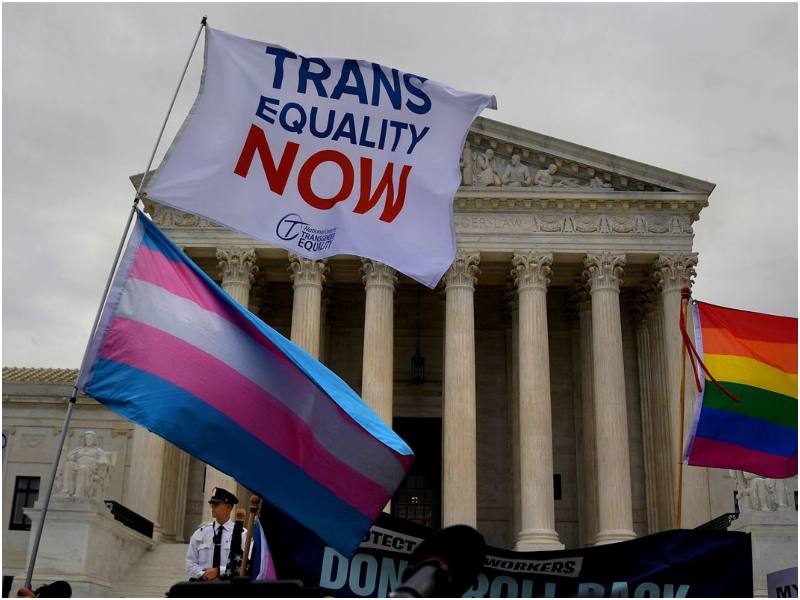Two transgender teens and their families in New Hampshire have filed a federal lawsuit challenging the state’s law, HB 1205, which bans transgender girls from participating in school sports teams aligned with their gender identity.
The plaintiffs, represented by their families, argue that the law is unconstitutional and discriminatory under both the Equal Protection Clause of the Fourteenth Amendment and Title IX of the Education Amendments of 1972.
The law, set to take effect before the upcoming school year, requires students’ eligibility for sports teams to be determined based on their biological sex rather than their gender identity.
In their complaint, the families contend that HB 1205 is rooted in outdated stereotypes and lacks any legitimate state interest.
They argue that instead of promoting fairness in sports, the law perpetuates harm and unjustly targets transgender students.
The families have also requested a temporary restraining order and preliminary injunction to block the law from being enforced before the start of fall sports practices, particularly soccer, which is scheduled to begin on Aug. 19.
In their motion, the plaintiffs highlight recent federal court rulings that have halted similar laws in other states, including West Virginia.
They further argue that the transgender plaintiffs have no physiological or biological advantages over other girls, citing comparable hormone levels and asserting that any exclusion from sports would cause irreversible harm by depriving them of critical educational experiences.
This legal challenge comes amid a broader national debate over laws regulating transgender athletes. Several states have enacted or proposed similar restrictions, though some efforts have faced significant opposition.
In Ohio, for instance, the governor’s veto of a similar bill was overridden by the legislature, allowing the law to take effect. The issue remains unsettled at the highest levels of the judiciary, with the U.S. Supreme Court yet to definitively rule on the legality of such laws. However, the Court recently declined to reinstate Title IX regulations that would have expanded protections for LGBTQ+ students.
As the New Hampshire case proceeds, it has the potential to set a significant legal precedent regarding the rights of transgender students and the interpretation of anti-discrimination laws in educational settings. The outcome could influence future legal battles over transgender participation in school sports across the country.

